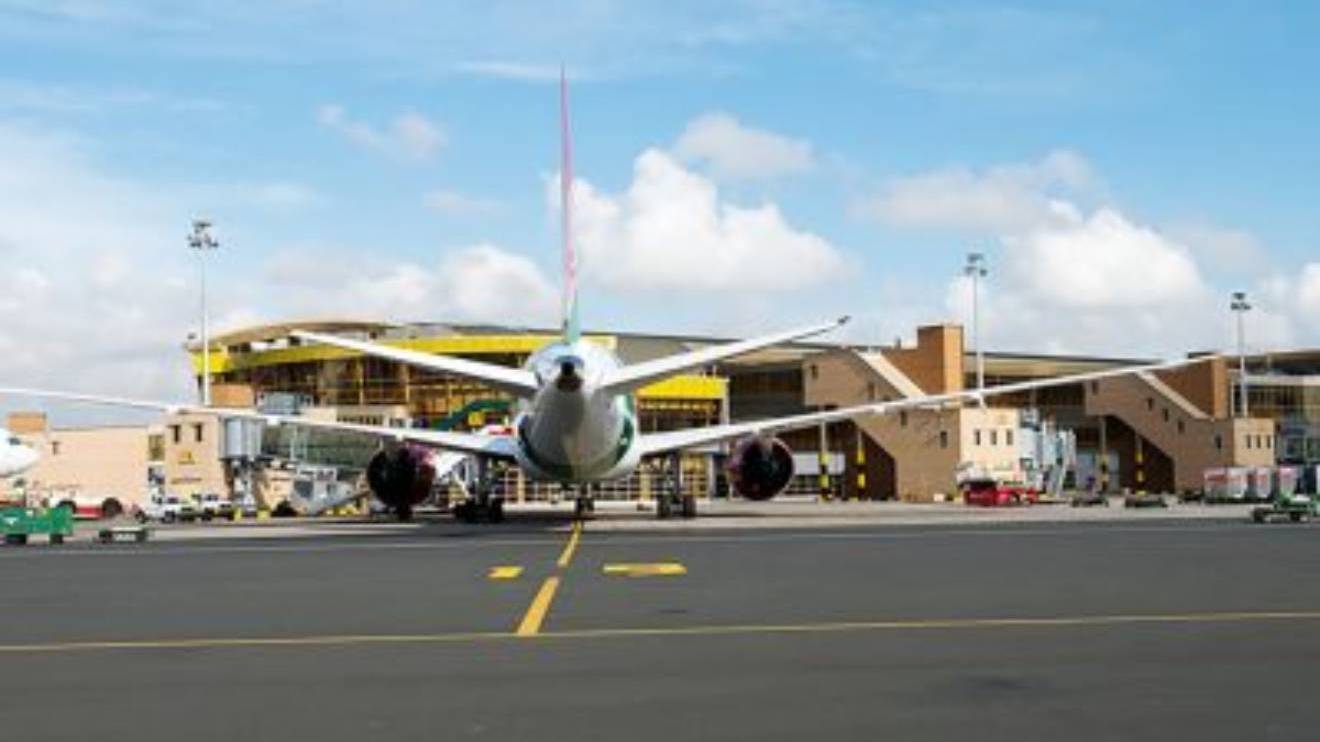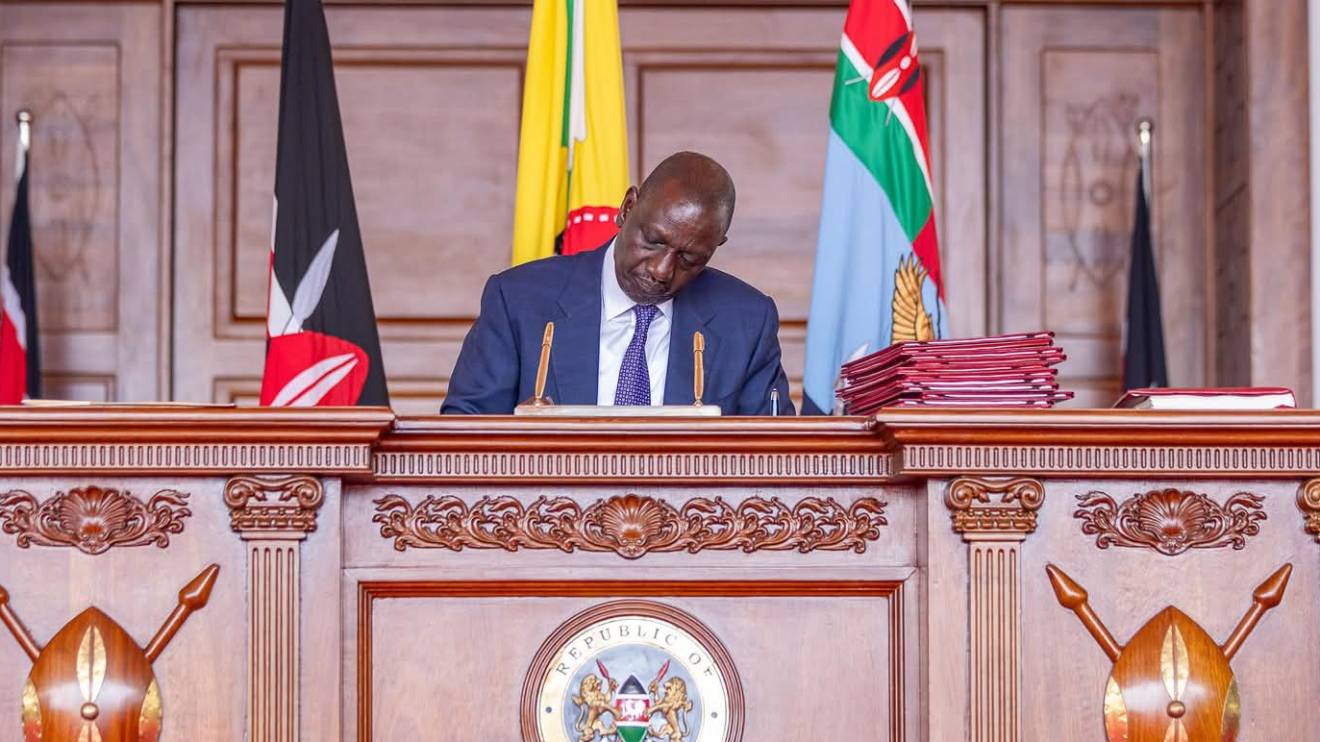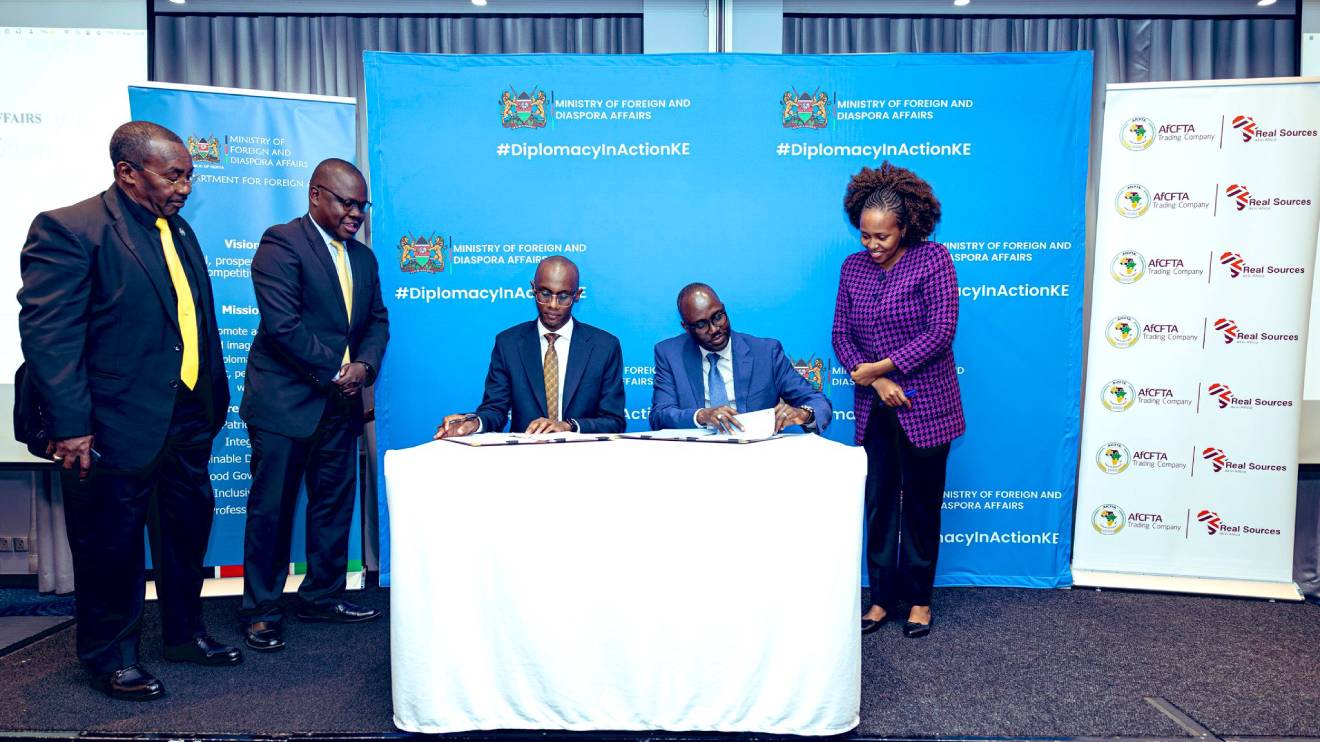Kenya’s aviation sector is poised for a major transformation, with Members of Parliament proposing the formation of an Aviation Holding Company (AHC) to steer the restructuring efforts.
The new entity would oversee key aviation assets, including Kenya Airways (KQ), Kenya Airports Authority (KAA), Jomo Kenyatta International Airport (JKIA), and an Aviation Services College.
The National Assembly Transport, Public Works, and Housing Committee has recommended this strategic move after concluding that the current Project Implemented Investment Plan (PIIP) is not a viable solution to revive the struggling sector.
The proposed AHC aims to streamline operations and inject new life into Kenya's aviation landscape, positioning Nairobi as a leading African hub.
The nationalisation of Kenya Airways is a central part of this plan, with MPs arguing that this bold step is necessary to protect the country’s aviation assets.
Read More
The committee also envisions Kenya Airports Authority managing airports and airstrips across the country, with JKIA Company focusing on the Nairobi-based international hub.
Pokot South MP and Committee Chair, David Pkosing, highlighted the financial crisis facing Kenya Airways.
He noted that KQ’s ballooning debt, which the government has guaranteed to the tune of Sh75 billion, presents a significant risk to the country’s economy.
"The Committee noted that taking into account KQ’s current financial status and the current lack of competitiveness of Kenya’s aviation industry, the Government and the people of Kenya stand to lose the most in the event the trend is left to continue," Pkosing emphasised in the report.
A key feature of the AHC would be its mandate to oversee the four subsidiaries, with each entity having distinct responsibilities.
JKIA Company would manage ground handling and catering services at the international airport, while KAA would ensure that at least one serviceable airstrip is maintained in each county for security, health, and emergency purposes.
KQ would continue as the national carrier, and the proposed Aviation Services College would centralise aviation training.
"Under its new mandate, KAA shall maintain at least one serviceable airstrip in each county for purposes of security, health, and other emergencies," the committee recommended.
To enhance operational efficiency, the MPs also called for amendments to several key laws, including the Public Finance Management Act and the State Corporations Act.
These changes would grant the AHC and its subsidiaries greater financial autonomy and flexibility.
Additionally, the committee proposed a series of tax incentives to boost the financial sustainability of the AHC and KQ.
These include zero-rating of supplies, customs duty exemptions for aircraft parts, and excise duty waivers for aviation fuel.
These measures are intended to strengthen the competitive position of Kenya’s aviation industry within the region.
The report also called for the review of KQ’s aircraft leasing agreements.
"Upon nationalisation of KQ, the government reviews the aircraft leasing agreements entered into by KQ with a view to renegotiating better terms on account of the consolidated balance sheet of the Aviation Holding Company, improved KQ cash flow, and a lowered risk profile of Kenyan aviation assets," the report read.
In an effort to harmonise the workforce, the MPs recommended rationalising KQ’s staff and reviewing collective bargaining agreements to align employment conditions under the new aviation structure.
"Upon nationalisation of KQ, the state undertakes a staff rationalisation programme with a view of retaining existing staff and harmonising the terms of service and remuneration under the Aviation Holding Company, including a review of the Collective Bargaining Agreements," the report advised.
With these sweeping changes, MPs believe the aviation industry could be revived, securing Kenya’s place as a premier African aviation hub.



-1756319289.jpg)




-1756474472.jpg)



